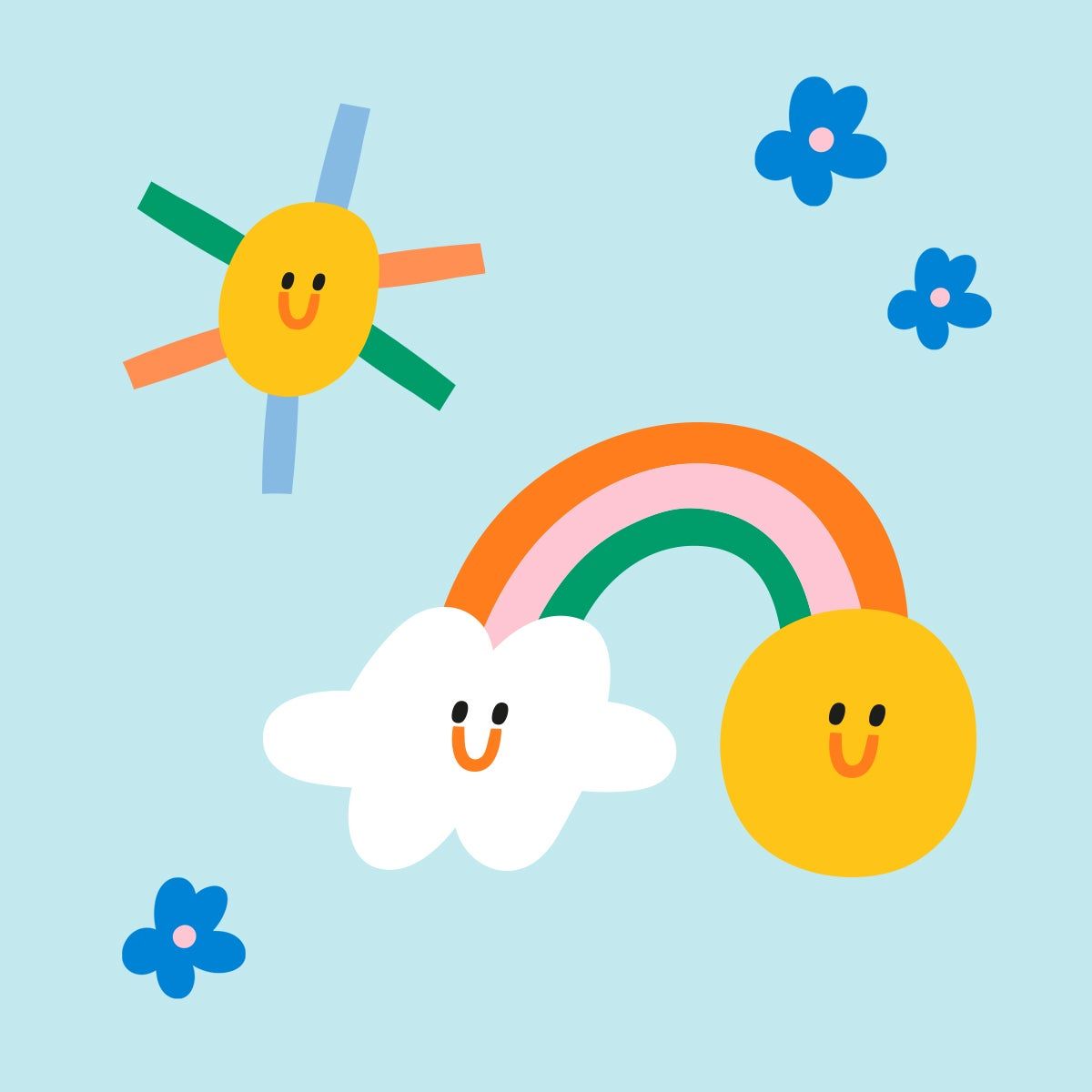
Book Nook
5 Things Families Can Do Right Now For A Happier Planet
Take a Disposable Plastic Inventory
In an effort to “Develop an ‘allergy’ to plastic,” which inevitably turns to trash, David and Reisman suggest making a list of all of the disposable plastic items you and your family use throughout your home, from the kitchen, to the bedroom, the closets and laundry room. Even what’s inside your refrigerator. Enlist your kids and have everyone make their own list to see what areas need the most work and go from there. One easy fix? Eliminate the use of plastic water bottles and invest in reusable options for the whole family.
Say No To Glitter and Balloons
If you’ve been looking for an excuse to ban everyone’s least favorite craft item, here it is: glitter adds to the microplastic buildup in our oceans and has been found to release harmful chemicals as it breaks down. Balloons are slightly more beloved, but if you consider that more than 100,000 marine mammals die each year from entanglement or ingestion, it’s easier to let them go.
Rethink Meat & Dairy
When it comes to the food we consume, Meat & Dairy are by far the biggest offenders in terms of climate change. Start by simply cutting back on butter (the third most climate-damaging food!) and exploring plant-based milks, or practice Meatless Monday as a family. Be sure to take the time to explain to your children why you are doing so and that our own health is connected to the health of the planet.
Plant a Garden
One of the most important things you can do as a parent is instill a love of nature in your children. A garden is a great place to start. It can be as simple as a pot of herbs on the balcony or as elaborate as a backyard dedicated to lettuce, carrots, tomatoes and cucumbers. The idea is for children to fall in love with the earth and discover its power by growing their own food.
Turn off the Tap
If you think “Turn off the Tap,” sounds catchy, then you’ll appreciate David and Reisman’s suggestion that you turn it into a family motto. Make it a silly song and have your kids sing it when washing their hands, brushing teeth, and doing the dishes. It’s a simple, fun, everyday reminder that the little things add up. Which is, of course, the point.
A conversation between Maisonette and Laurie David:
Maisonette: You write that your journey to wanting to take better care of our planet began when you were pregnant and realized you would be responsible for another human being. Can you speak to the inherent power of mothers when it comes to reimagining the future of our planet?
Laurie David: I would say if not us, then who? As women, as mothers, we are natural nurturers and i think we are quicker to connect the dots and then put that knowledge into power when our eyes have been opened. If as a mother you understood that the plastic you are eating or drinking from is actually a by-product of oil, has a chemical called BPA in it that can leech into the food or drink, you would not want your baby or yourself drinking or eating from it. Also, I believe women are natural sharers. So when we understand something, we are very likely to spread the word and help educate our family and friends. I consider this a super power!
M: As an environmental advocate and mother, what are some of the ways you have shared your passion with your children? And what advice do you have for parents hoping to do the same?
LD: My advice is to consider instilling a love of nature and all its creatures, part of our job as parents. We have to teach our children to understand that our precious resources are limited and that we all have a role to play to protect them (air, water, soil) and this place we call home. In the book we have an entire chapter devoted to this concept and tons of ideas on how to do it. I would also add that we have a new generation of kids that are very active and raising their voices about the climate crisis so to those parents I say, Well done!
M: What would you say to parents who are just starting to become more socially conscious? Is there one thing, above all others, that you would hope they take away from “Imagine It!”?
LD: The goal with Imagine It! is to help people see the connection between our choices, our health, and the health of the planet. They are all intricately interconnected. As goes one, so goes the other.
So the one thing I hope readers takeaway is a shift in mindset that helps you understand the wake of impacts behind all our decisions. Once this happens, you are well on your way to living in a way that is healthier for you and your family and the environment. I also think, once you have read this book, you will demand more from the companies you support and push them to factor in climate in their resourcing, manufacturing and packaging, etc. It's a joyful journey, it will save you money, it will make you happier and your family healthier. How great is that! A shift in our mindset will get us faster to collective will that will demand more from our elected leaders and truly tackle the climate crisis we are now in. There is no vaccine for this one. Just people demanding change.